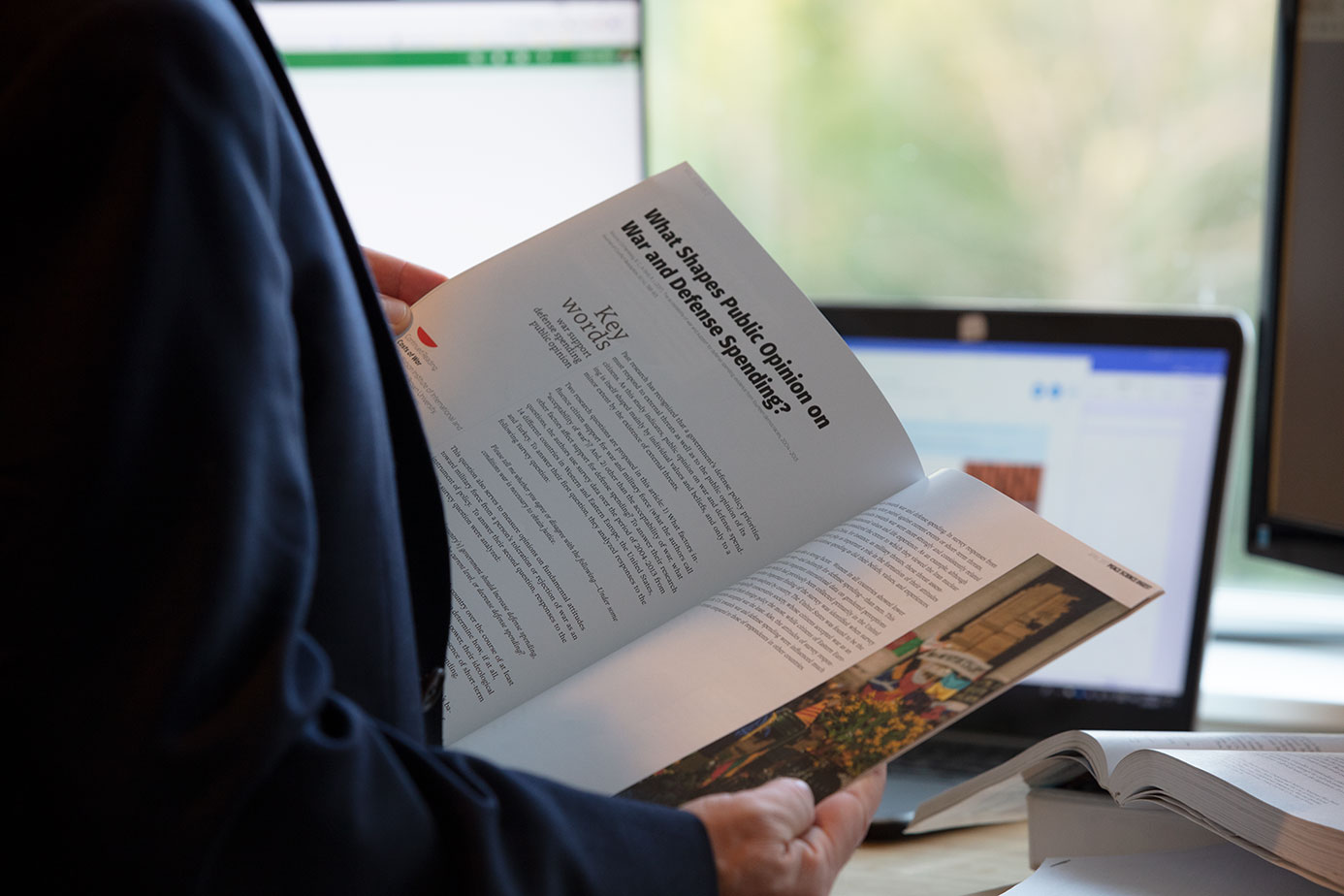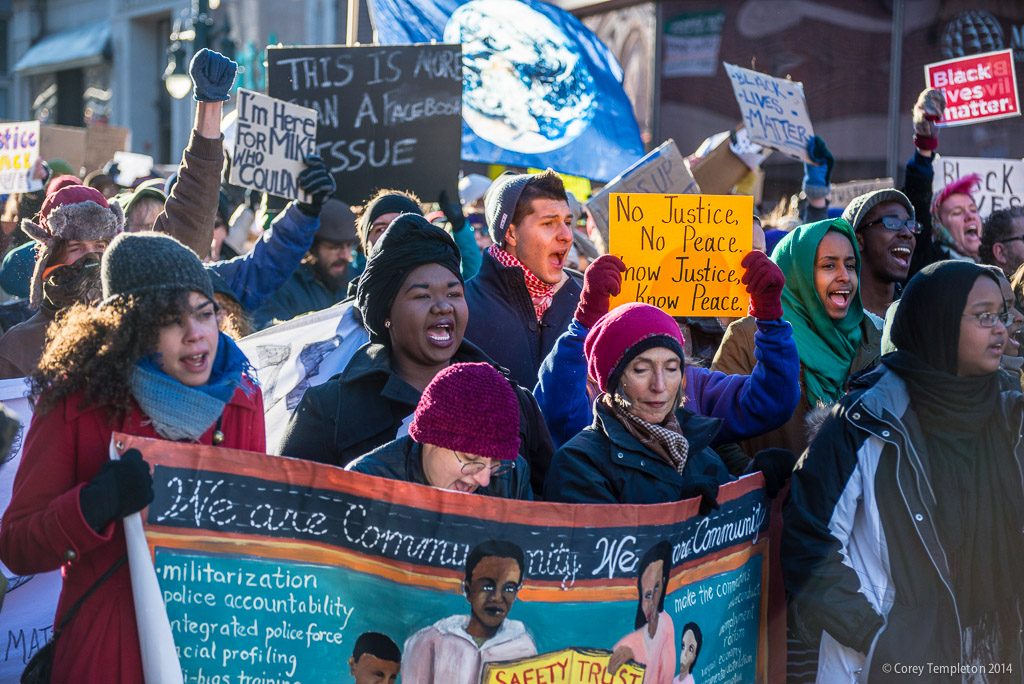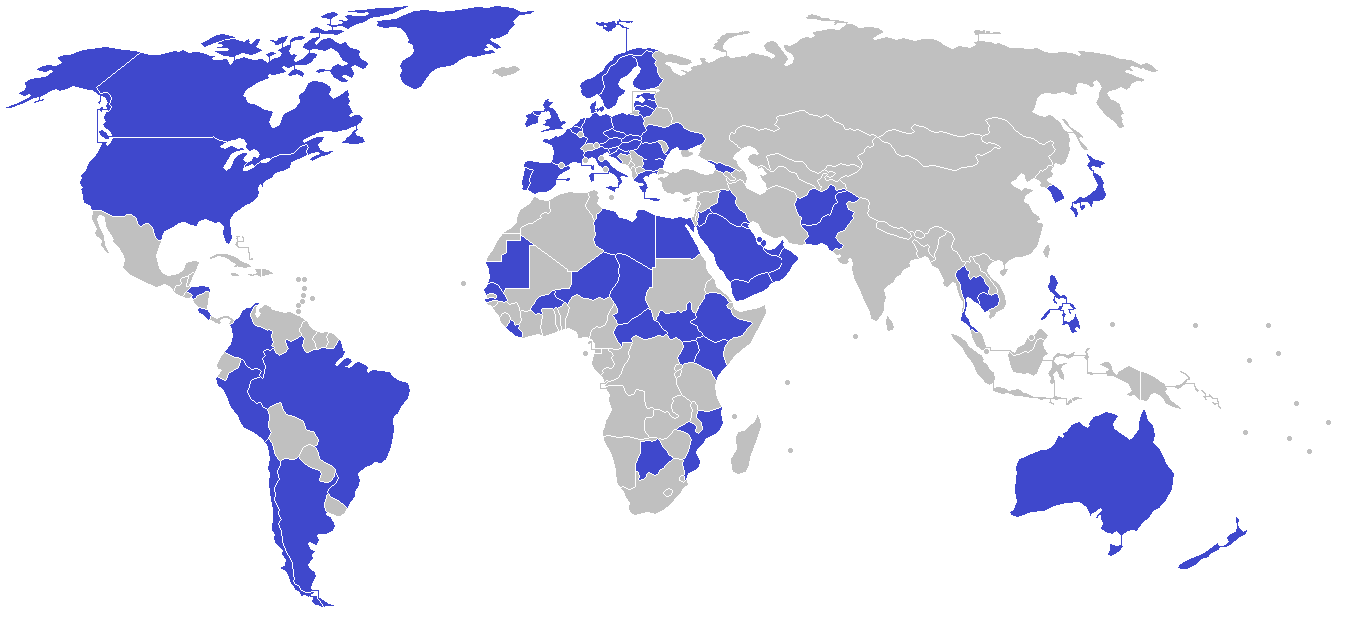
Military Analysts Argue to Close U.S. Bases Abroad
A bipartisan group of top military analysts has written to Congress and the Trump administration calling for the closure of U.S. military bases overseas, claiming the move would be an important step toward making the U.S. and the world more secure.

“The US Elected a Record Number of Women: Now they May Face Violence”
Recent U.S. elections saw a steep rise in female political representation. This is a vital step towards greater gender equality and inclusion, but Juliana Restrepo Sanín points out a challenge: “in a political landscape increasingly marred by violence and bigotry, how can violence against politically-active women be prevented? Ensuring that elected women have the chance to represent their constituents and advance their political agenda in equal conditions as men is imperative if the principles of democracy are to be sustained.”

U.S. Moves Closer to Ending Military Support for War in Yemen
This week, the U.S. Senate voted to consider ending America’s role in the Saudi-led war in Yemen. Such a move would mark an end to the United States participation in a civil war that has led to the death of thousands and suffering of millions. Though, peace science warns of the lasting effects of foreign military support.

The Devastating Human & Economic Costs of Post-9/11 Wars
A new report from Brown University’s Cost of War project provides updated estimates on the devastating human and economic costs of the United State’s post 9/11 wars in Iraq, Afghanistan, and Pakistan.
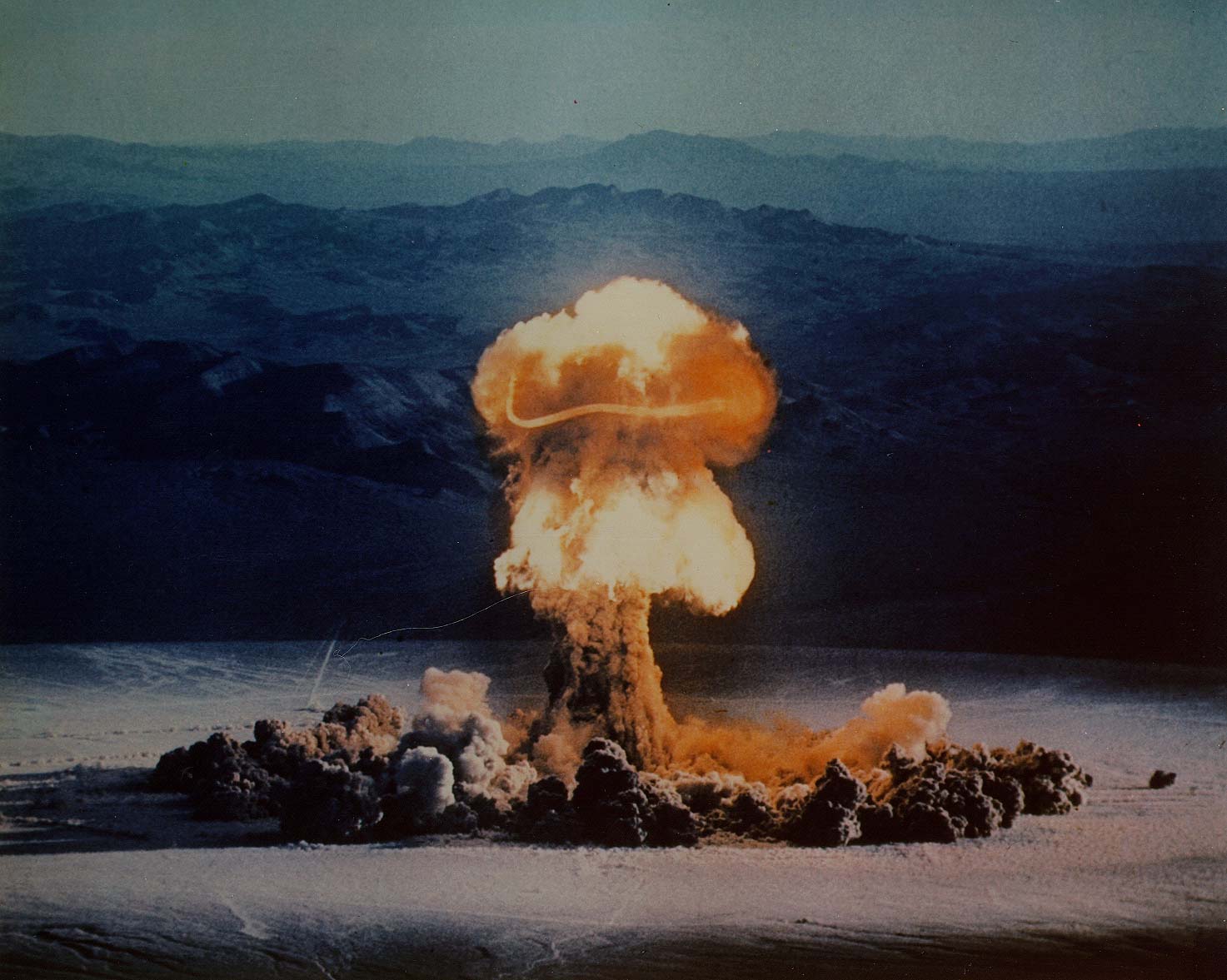
The Lasting Consequences of Nuclear Weapons Testing
A new report from Pace University calls for more assistance for nuclear weapons test survivors from the states that conducted the tests. Peace Science has shown the devastating and lasting effects of nuclear weapons testing in the Pacific.
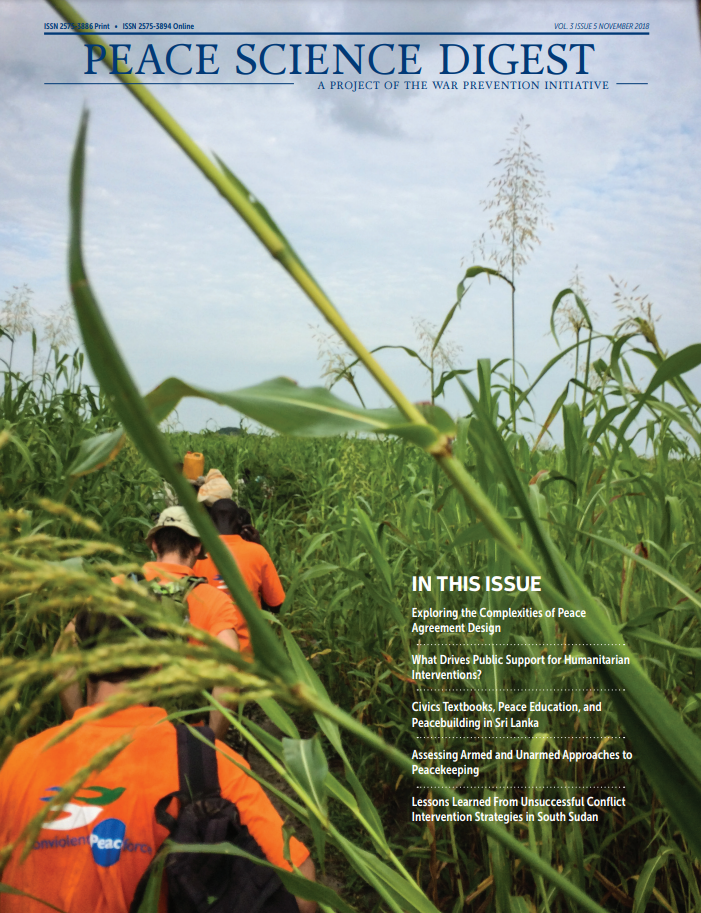
Volume 3, Issue 5
Inside this issue, we examine research analyzing hundreds of civil war peace agreements that concludes that “complex” agreements are not necessarily better at keeping the peace than simpler ones. Next, we take a critical look at research on public support for military interventions and the motivations behind support for interventions conducted for “humanitarian” reasons. Third, through examining civics textbooks in Sri Lanka in the context of global peace education efforts, we consider how specific omissions and emphases in these textbooks have served the government’s goals, while failing to address the injustice and inequality still plaguing post-war Sri Lanka. Next, we discuss research finding that the primary peacekeeping tasks associated with preventing violence and protecting civilians can be effectively undertaken by unarmed peacekeepers, who are, furthermore, often able to address some of the shortcomings of their armed counterparts. Finally, the last analysis reflects on possible reasons for why past attempts at peace in South Sudan have failed, calling for more psycho-sociologically informed conflict interventions in the future.
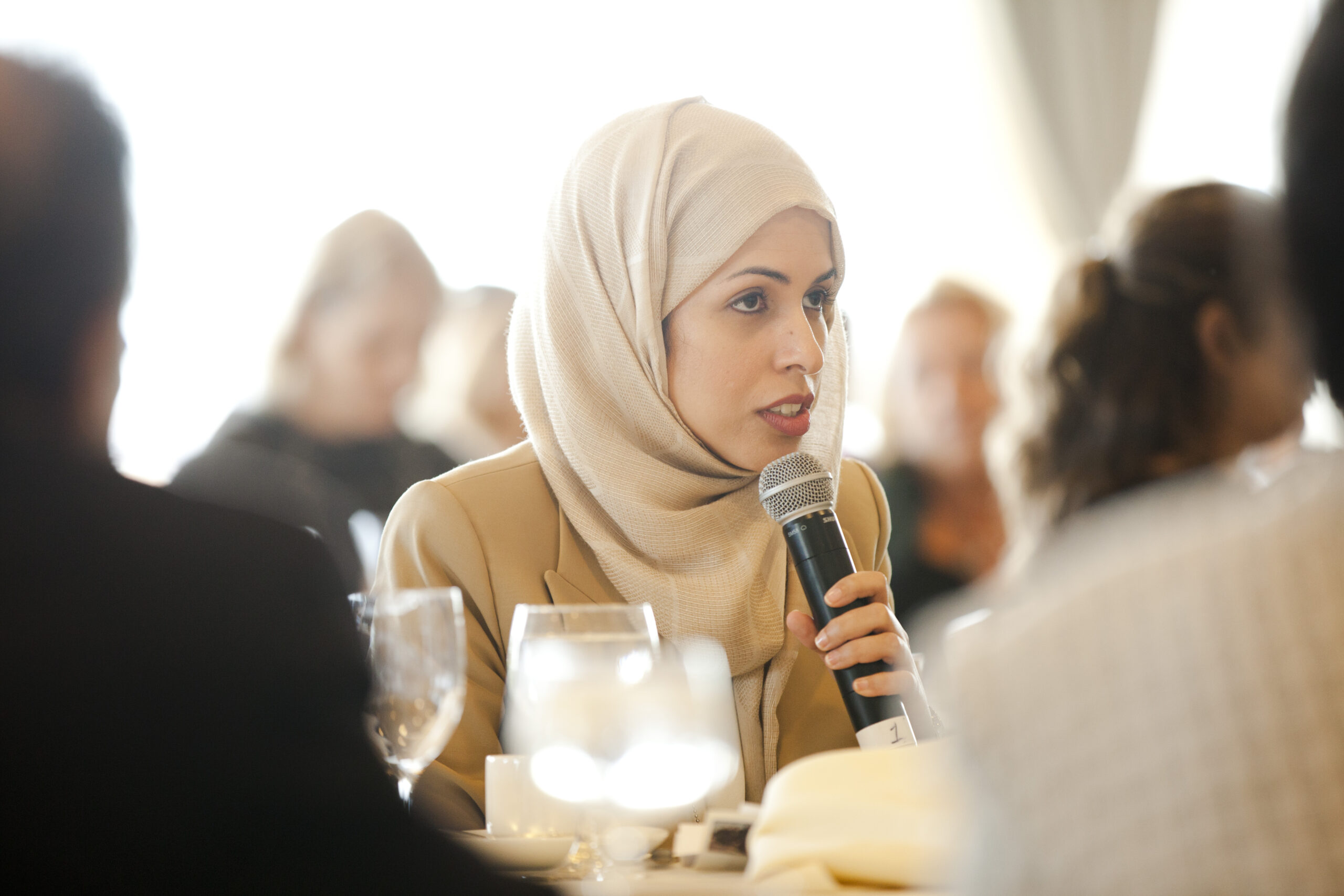
Peace Negotiations That Exclude Women Are More Likely To Fall Apart
Photo credit: U.N. Women Context: Women are underrepresented in peace talks. Peace Science shows how women’s inclusion in peacebuilding is crucial to the success and longevity of peace agreements and insight from Foreign Policy shows how the United Nations can work on inclusion. In the News: “To date, women are vastly underrepresented … Read more
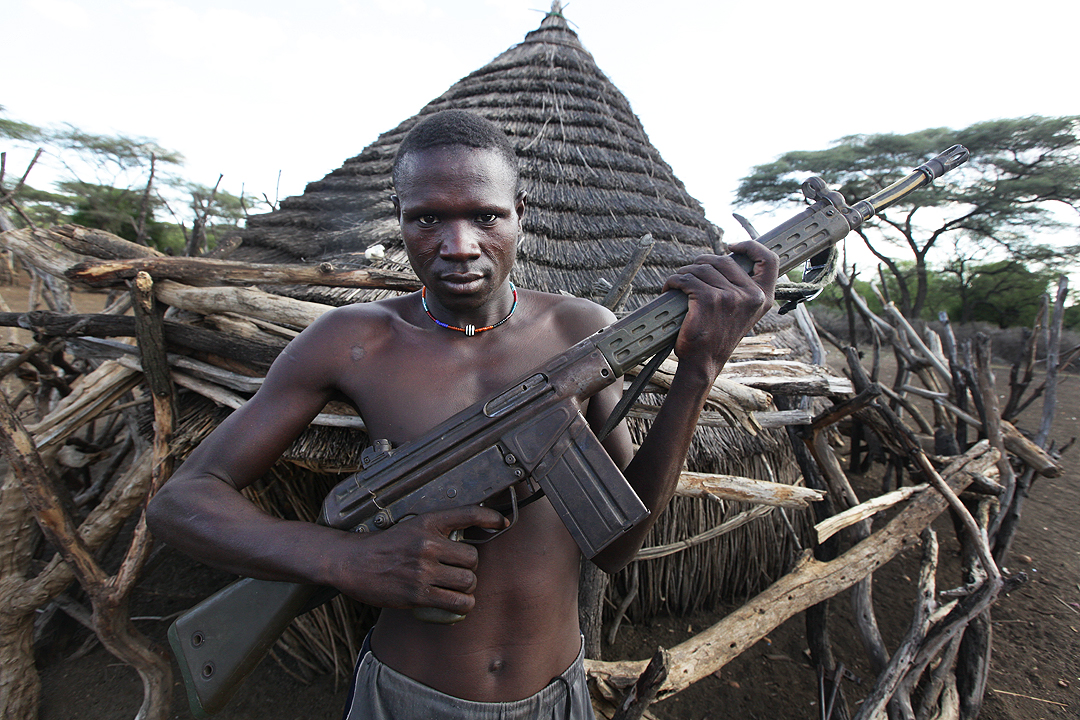
Lessons Learned From Unsuccessful Conflict Intervention Strategies in South Sudan
An approach to peacebuilding that focuses solely on elections, democracy, and power-sharing is not adequate and needs to be supplemented by reconciliation and relationship-building processes to facilitate a more sustainable peace.
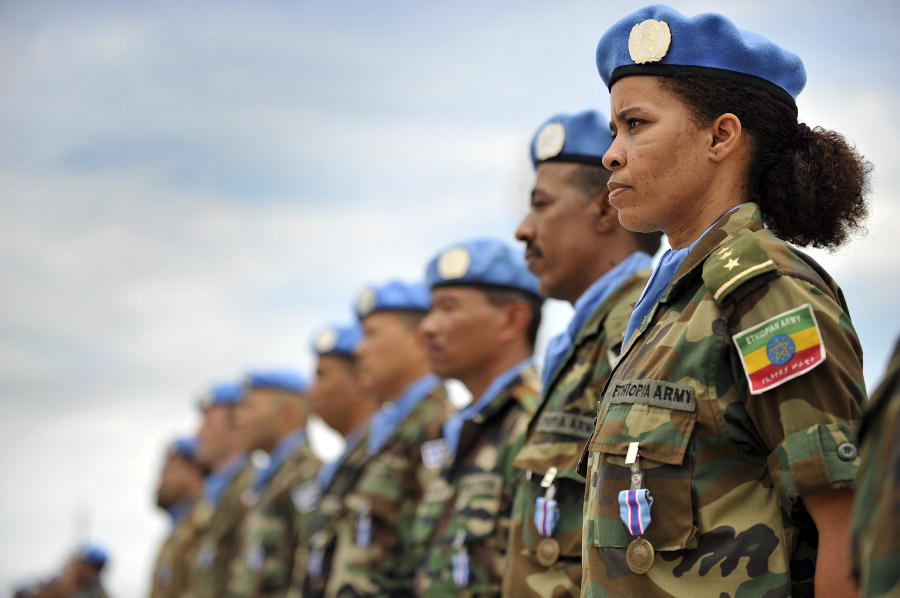
Assessing Armed and Unarmed Approaches to Peacekeeping
Unarmed civilian peacekeeping (UCP) has successfully engaged in the tasks traditionally associated with peacekeeping, demonstrating that peacekeeping does not require military personnel or the presence of weapons to carry out its violence prevention and civilian protection functions; furthermore, UCP can fulfill these functions in a way that also addresses some of the shortcomings of armed military peacekeeping.

Civics Textbooks, Peace Education, and Peacebuilding in Sri Lanka
While Sri Lankan civics textbooks affirm global norms around peace and citizenship education in the abstract, they also simultaneously contradict and/or undermine these in various ways in service of the government’s agenda.
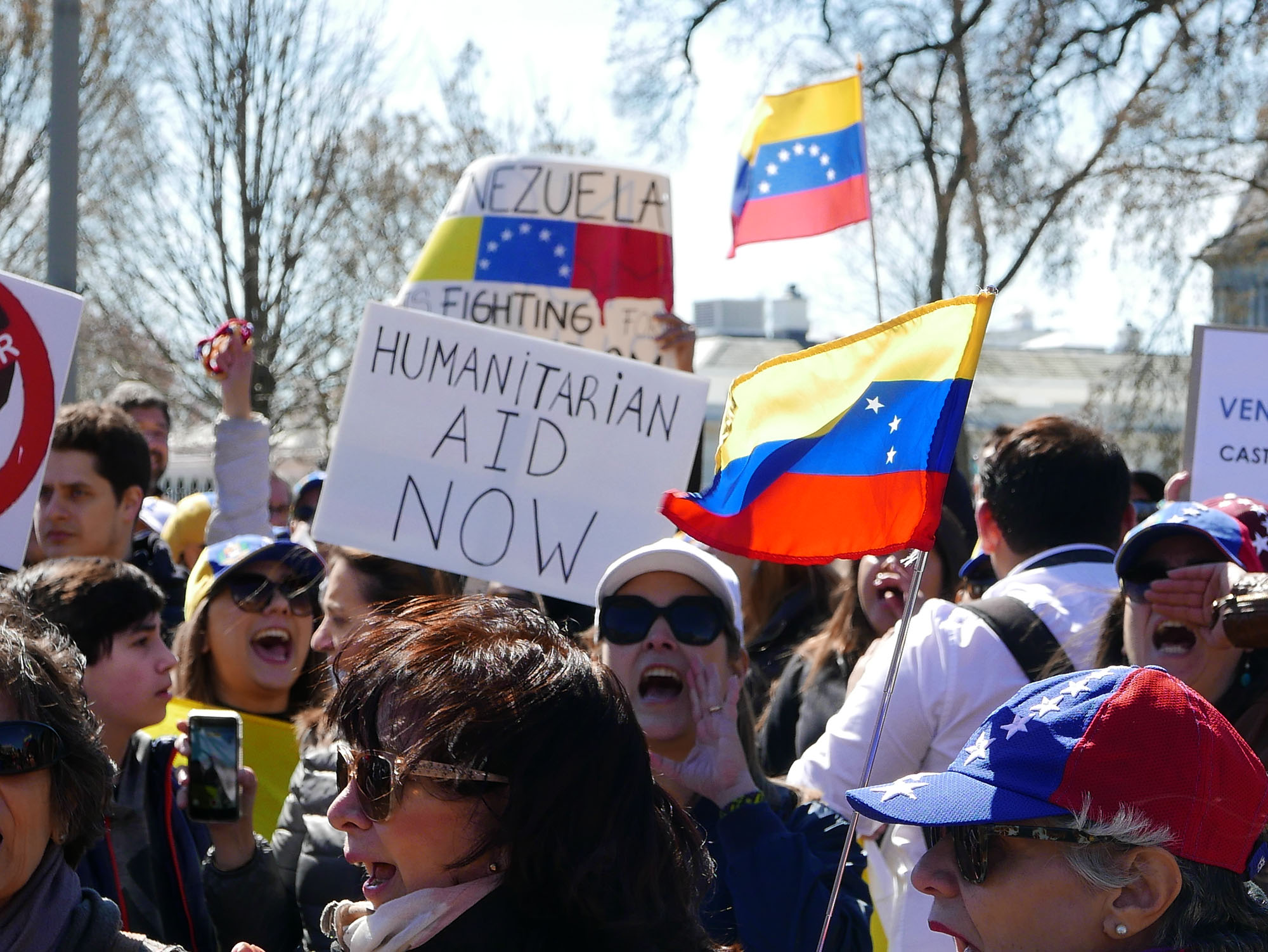
What Drives Public Support for Humanitarian Interventions?
In the United States, military interventions conducted for humanitarian objectives receive significantly higher public support than interventions serving security interests.
